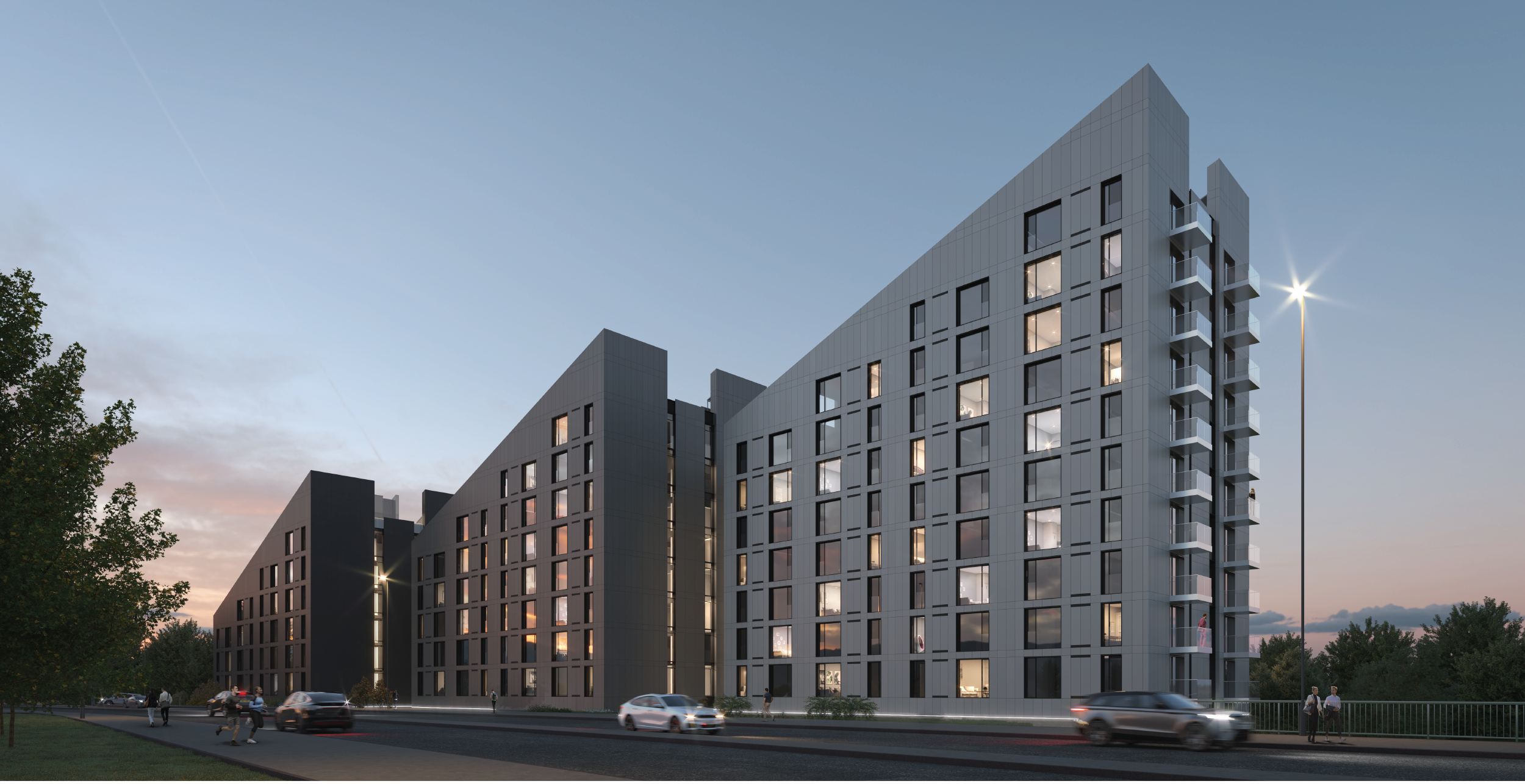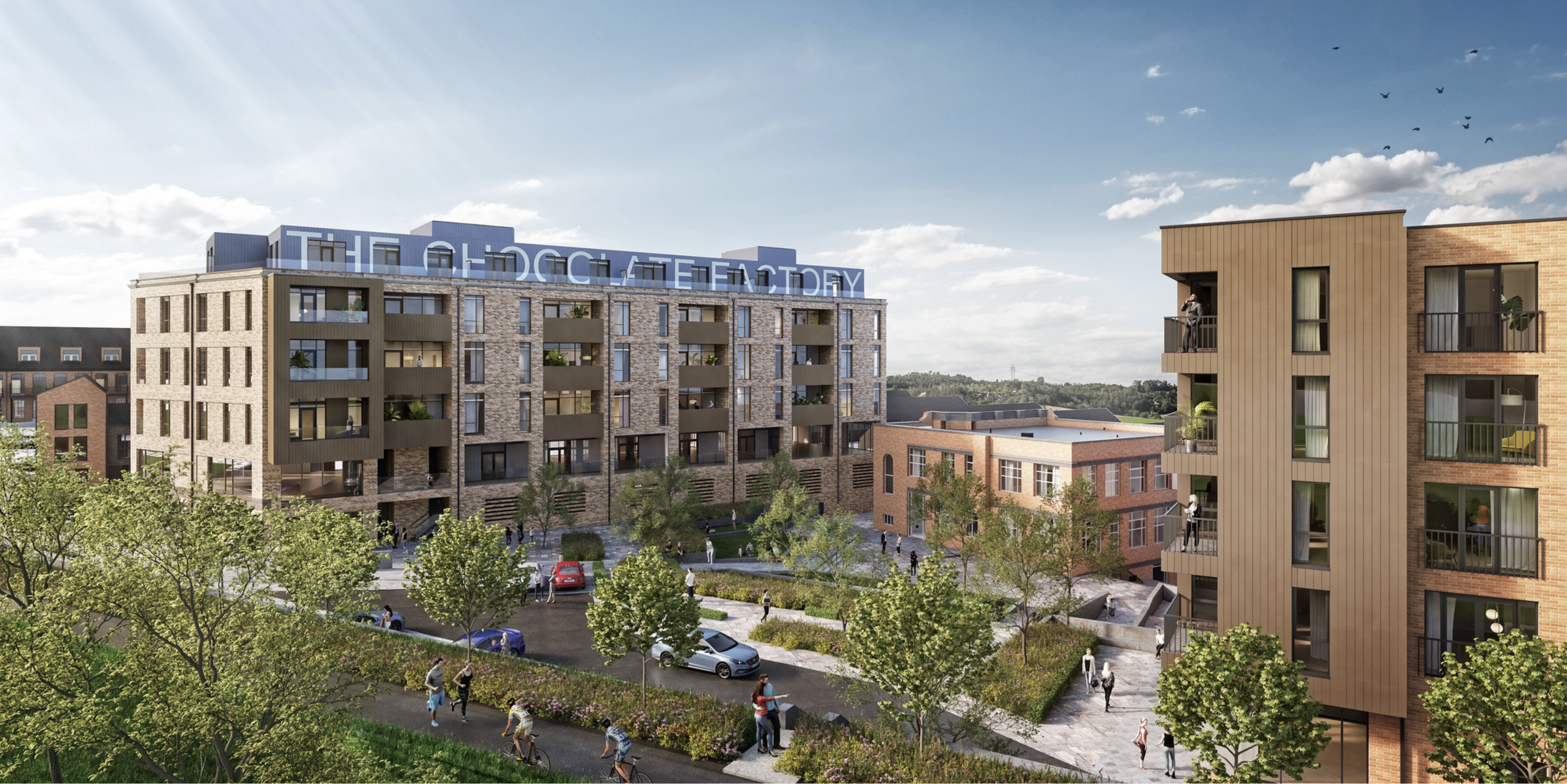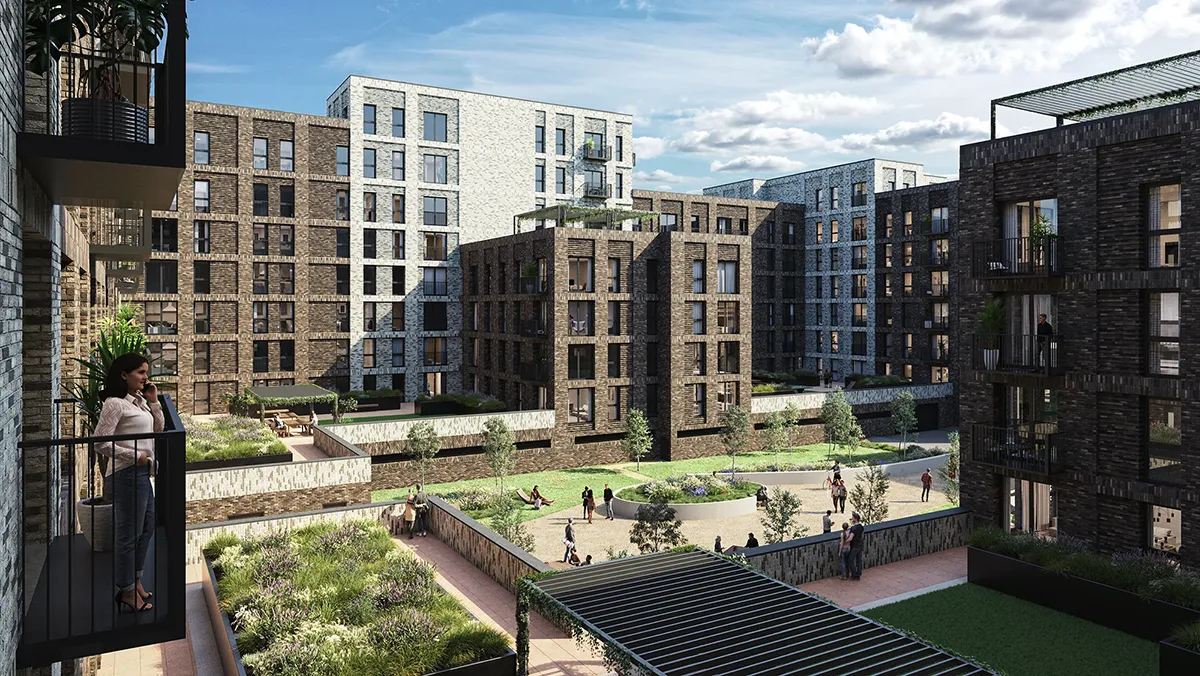Top 5 Property Investment Strategies: Guide to UK 2021

Property is one of the world’s most popular investment categories thanks to its stability and the high, reliable returns on offer. This is particularly the case with UK property which for many years has been the most popular market in the world for investors.
Part of the appeal of investing in property is that it is a simple proposition to buy a property and rent it out. However, there are many layers of complexity beneath the surface, and by fully understanding and harnessing them you can become a more successful investor.
There is no perfect, one-size-fits-all strategy when it comes to property investment – your own individual circumstances will dictate how, when and where you invest for returns which meet your goals. Despite this, there are some common strategies outlined below which will stand you in good stead.
Should I buy one property or multiple properties?
The best property investment strategies are built on your personal circumstances, so the answer is: “it depends”. Both types of purchase have their pros and cons, so which one is more suitable for you will relate to your personal situation.
Buying a single property to let out is obviously a lot less time consuming than building a large portfolio. It will also generate less administration and fewer maintenance issues than if you owned multiple properties, especially if you are partnered with an expert lettings and property management agent. This makes purchasing a single property an easier option for investors who are time-poor.
Additionally, a single property will require a smaller initial outlay and the returns on offer will be easier to calculate.
On the other hand, if you have the means and desire to purchase multiple properties, you can potentially multiply your eventual returns – and that is the upside of the increased responsibilities which come with a larger portfolio.
However, by using a property consultancy like Alliance Investments you can eliminated many of the problems that come with being a landlord. As part of our turnkey service, we can recommend solicitors, mortgage lenders, tax advisors and more who can all play a part in making your investment as smooth as possible.
Ronald Garrett, Managing Director of Alliance Investments, said: “We aim to provide every one of our clients with an end-to-end service which takes care of them from the day they enquire, through exchange, construction and then on to the management of the apartment.
“By going a step beyond being a simple sales service, we help our clients achieve the highest returns possible and give them the best chance to build a successful property investment portfolio.”
Where should I buy property for a long-term investment?
All property investment strategies will focus heavily on the location of your purchase. Quite simply, getting the right location will make or break your investment, and time spent finding the perfect place to invest is well spent. There are two major considerations.
Firstly, you should look for a city like Manchester or Preston where the population is growing – and where it is scheduled to continue growing in the future. A growing population means growing tenant demand, and that means more competition for the best homes. When that competition is in place, rents inevitably go up and your returns will increase. This is especially true in places like the aforementioned cities where new homes are not being built in the required numbers, creating a gap between supply and demand which increases every year.
Secondly, you should make sure to check the local economy. Locations where business is booming and where huge investments are being made are the ones which will draw more people and create the conditions where the population will grow. Things to watch out for include large multinational businesses arriving into the city, a vibrant start-up ecosystem and wage growth.
Once you have taken these two considerations into account, you should have a good idea of whether your preferred location will be a good place to meet you long term investment strategy needs.
Should I invest in an HMO?
Investing in a House in Multiple Occupation (HMO) is a common investment strategy among landlords. An HMO is defined as follows by the UK government:
Your home is a house in multiple occupation (HMO) if both of the following apply:
- At least 3 tenants live there, forming more than 1 household
- You share toilet, bathroom or kitchen facilities with other tenants
Your home is a large HMO if both of the following apply:
- At least 5 tenants live there, forming more than 1 household
- You share toilet, bathroom or kitchen facilities with other tenants
The main draw is that a larger property can be converted into more individual bedrooms which means more tenants – which means a higher monthly rental income.
However, that headline benefit conceals the reality that an HMO will also multiply the amount of management you will have to do, along with increasing the required maintenance. More people means a greater likelihood of wear and tear which will end up becoming a major consumer of your time. Even if you hire a management agency, the monthly cost is likely to be higher than if you are renting out a single property, thereby impacting your rental returns. Similarly, the added complexity and uncertainty can make it harder to secure a mortgage.
Finally, the regulations for HMOs are stricter than for single properties. These are outlined by Shelter as follows. Landlords of HMOs must make sure that:
- Proper fire safety measures are in place, including working smoke alarms
- Annual gas safety checks are carried out
- Electrics are checked every 5 years
- The property is not overcrowded
- There are enough cooking and bathroom facilities for the number living there
- Communal areas and shared facilities are clean and in good repair
- There are enough rubbish bins/bags
In conclusion, investing in an HMO has some benefits, but there are also significant downsides which will increase the landlord’s workload and add additional time and hassle to your investment. We would not recommend investing in an HMO for this reason, instead recommending a traditional single-let property or properties.
Should I invest in student accommodation or student housing?
Student housing comes in two main types – the first is similar to an HMO but aimed at students, the second is Purpose Built Student Accommodation (PBSA). Both share similar benefits and downsides which should be taken into account for your long term property investment strategy.
The upsides of this type of investment strategy are that you can rely on a consistent income cycle as the student term is set at the same time and length each year. Likewise, this ensures that there will be a consistent stream of tenants that you can expect each year.
However, as with HMOs, the downsides are linked to the benefits and make student housing accommodation unsuitable for many investors. For example, the trade off for the reliable supply of student tenants is that you will also guarantee yourself a void period every year that you are unlikely to be able to fill. This is particularly the case with PBSA which cannot be rented out as a ‘normal’ buy to let. Likewise, renting to students is likely to result in more wear and tear or maintenance issues.
The amount of rent you can charge is unlikely to increase significantly over time as it is not linked to the housing market. With more PBSA completing in city centres every year, the gap between supply and demand is not as wide as with residential property investment – and this means that you will face more competition from other landlords, depressing what limited rental growth there is.
Compare and contrast this to residential property investment which is dictated by the growth of the general population and the larger housing market, and you can see why investing in student housing is not the preferred choice for investors looking for long-term growth in their property portfolios.
Why should I invest in off-plan property?
One of the best property investment tips we can give is to look at off-plan property and consider making it a major part of your long-term investment portfolio.
Purchasing property off-plan means that you are committing to buying a property before construction has been completed. While this comes with the risk of construction not finishing on time, you will be purchasing at a below-market rate and your property’s initial value will be increasing all the time along with the housing market as construction continues. This means you will begin accumulating capital appreciation immediately.
Additionally, the lower entry prices when compared to a completed property mean that you may be able to invest in a location which would normally require a much larger amount of capital. This includes the busiest city centre markets, where buying off-plan could give you an edge that other investors do not have.
If you can find an off-plan property in a growing city centre which suits your long-term investment strategy then you are likely to be onto a winner for many years to come. The best city centre markets have growing populations, booming economies and a big gap between supply and demand – meaning that buying somewhere like this comes close to guaranteeing strong house price growth and rising rents.
Finally, purchasing off-plan often means that you can pay in instalments over the course of the build rather than being liable for the entire lump sum in one go – protecting you from a certain amount of risk and granting improved financial security.
This is an ideal time to invest in the UK property market, and by investing in off-plan residential property you can be assured that you are creating a reliable, long-term investment strategy that gives you the best chance of success.
For more information about how to build a successful investment portfolio, get in touch with our team today >>
Continue Reading


















